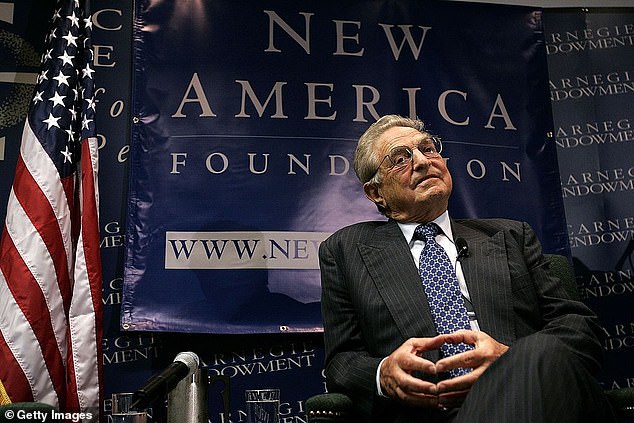
Meet the Street Artist Behind the Viral “Anti-Elon Musk” Ads

# Street Art, Satire, and Viral Controversy: Winston Tseng’s Elon Musk Ad
## The Viral Ad That Sparked Debate
Renowned street artist **Winston Tseng** has once again stirred controversy with an eye-catching and provocative piece. Recently, his anti-Elon Musk advertisement made waves when it appeared in ad spaces within a **mile of the White House**. The satirical ad, falsely attributed to the **United States Agency for International Development (USAID)**, bore the slogan **“Help Eliminate Elon”** alongside an image of Musk performing a Nazi salute, crossed out with a **red “X.”**
The advertisement quickly circulated online, with reactions ranging from outrage and concern to amusement and support. Conservative politicians and Musk supporters alike condemned the ad, while others saw it as a sharp critique of Musk’s influence and persona.
## Political Backlash and Public Reaction
Despite its clear satirical nature, the ad fooled many into believing it was a real government-funded campaign. Among the critics was **North Carolina Senator Thom Tillis**, who shared a **video of himself in front of the ad** on social media. Tillis condemned the piece, questioning whether USAID had truly been involved in funding it.
> “It better not be funded by [USAID] or endorsed by them!” Tillis proclaimed in his post, which gained over **74,000 likes** and **thousands of comments** on X (formerly Twitter).
Many users expressed outrage, either in support of Musk or against what they perceived as an attack on free speech. Others found the situation ironic, pointing out how easily politicians and the general public could be tricked by satirical street art.
## Winston Tseng Responds to the Outrage
Tseng, known for his clever and often provocative public installations, dismissed the backlash as **”performative outrage.”**
> “Most of the outrage is performative, and people don’t actually care once they realize it’s just a random artist’s work,” Tseng stated in an email to Hyperallergic.
He also expressed amusement at how **politicians and right-wing influencers** frequently use his works as **”engagement farming” strategies** to rally their audiences.
> “They’d rather pretend it’s from ‘the evil Democrats’ or ‘the deep state.’”
## A History of Satirical Street Art
Winston Tseng is no stranger to controversy. His body of work frequently **parodies corporations, political figures, and social issues** using well-known logos and symbols in subversive ways. Over the years, he has created artwork inspired by:
– **Luxury and retail brands** (Target, McDonald’s, Airbnb, Nike)
– **Religious institutions** (Christianity & organized religion)
– **Political entities** (Trump, Democratic and Republican parties)
– **Media giants** (Netflix, BlueSky, PornHub)
– **Pop culture icons** (Sesame Street, sports teams)
His method often involves **co-opting commercial advertising spaces**, replacing genuine ads with his own subversive messages. This particular approach ensures that his work is seen by unsuspecting commuters and pedestrians before authorities remove it—sometimes within days, other times within hours.
## What Happened to the Ad?
The controversy surrounding the anti-Musk poster only increased interest in Tseng’s work. However, in true guerrilla art fashion, the **ad was ultimately taken down**, with the **entire ad structure removed** from 400 Massachusetts Avenue NW.
The rapid disappearance of the artwork reflects an ongoing cat-and-mouse game between street artists and authorities. While artists like Tseng use **urban ad spaces as a canvas for their messages**, governments and corporations work quickly to **erase any unsanctioned content** before it spreads further.
## The Power of Political Street Art
Tseng’s viral poster raises broader questions about political street art and its impact. Satirical artwork has historically played a key role in sparking societal and political discussions. Whether poking fun at the elite, highlighting corporate greed, or satirizing cultural trends, **street art remains one of the most effective tools for visual protest.**
Tseng’s work demonstrates the **power of street art to manipulate narratives, fool the masses, and challenge authority.** By disguising political critiques as official advertisements, he exposes vulnerabilities in public perception.
In a world increasingly driven by social media virality, **where does the boundary between art, propaganda, and misinformation lie?** And more importantly, **who gets to decide?**
—
### What Do You Think?
Should provocative street art like Tseng’s be **protected as free speech**, or does it cross ethical lines when it mimics official government messaging? Let us know your thoughts!